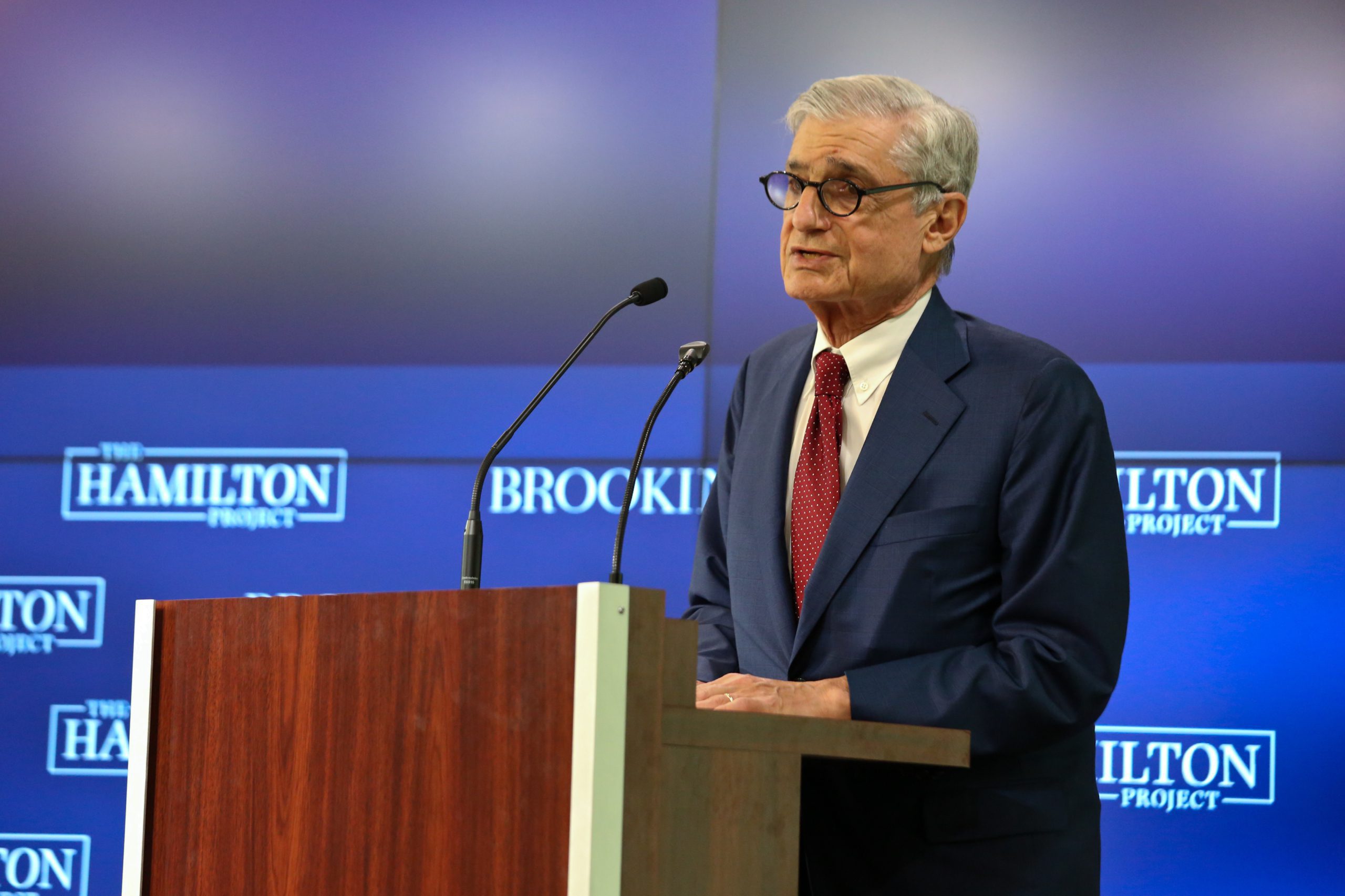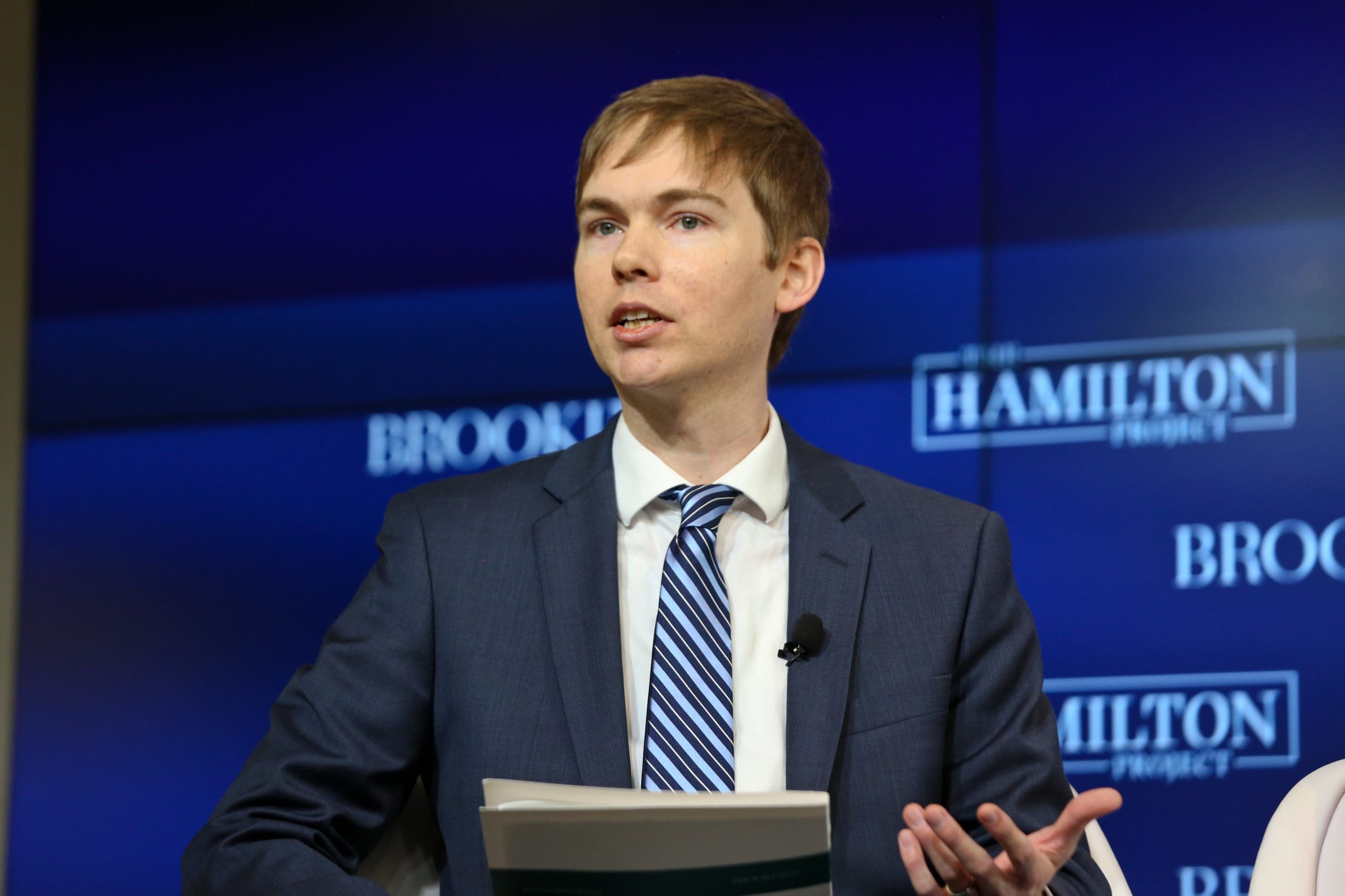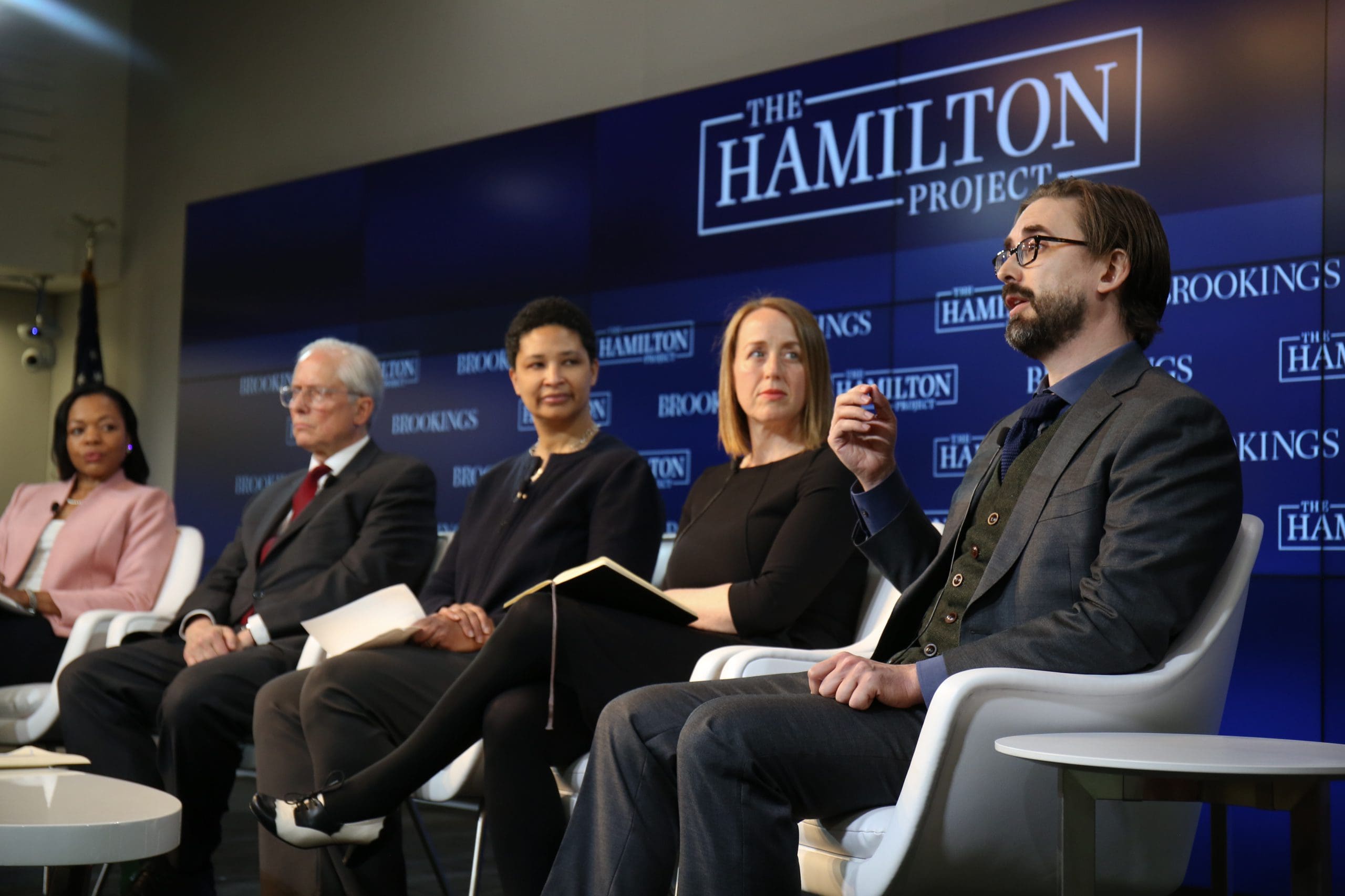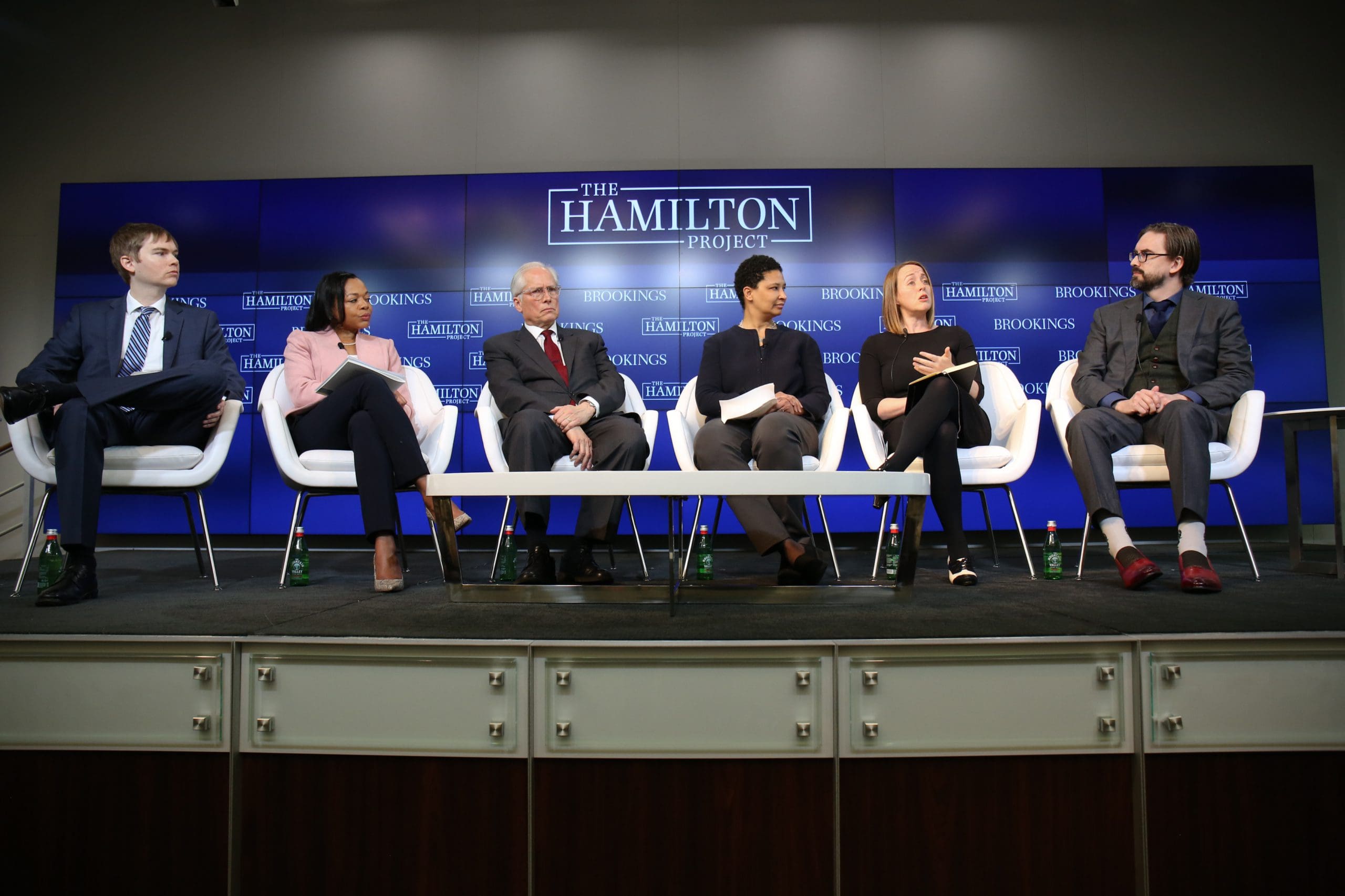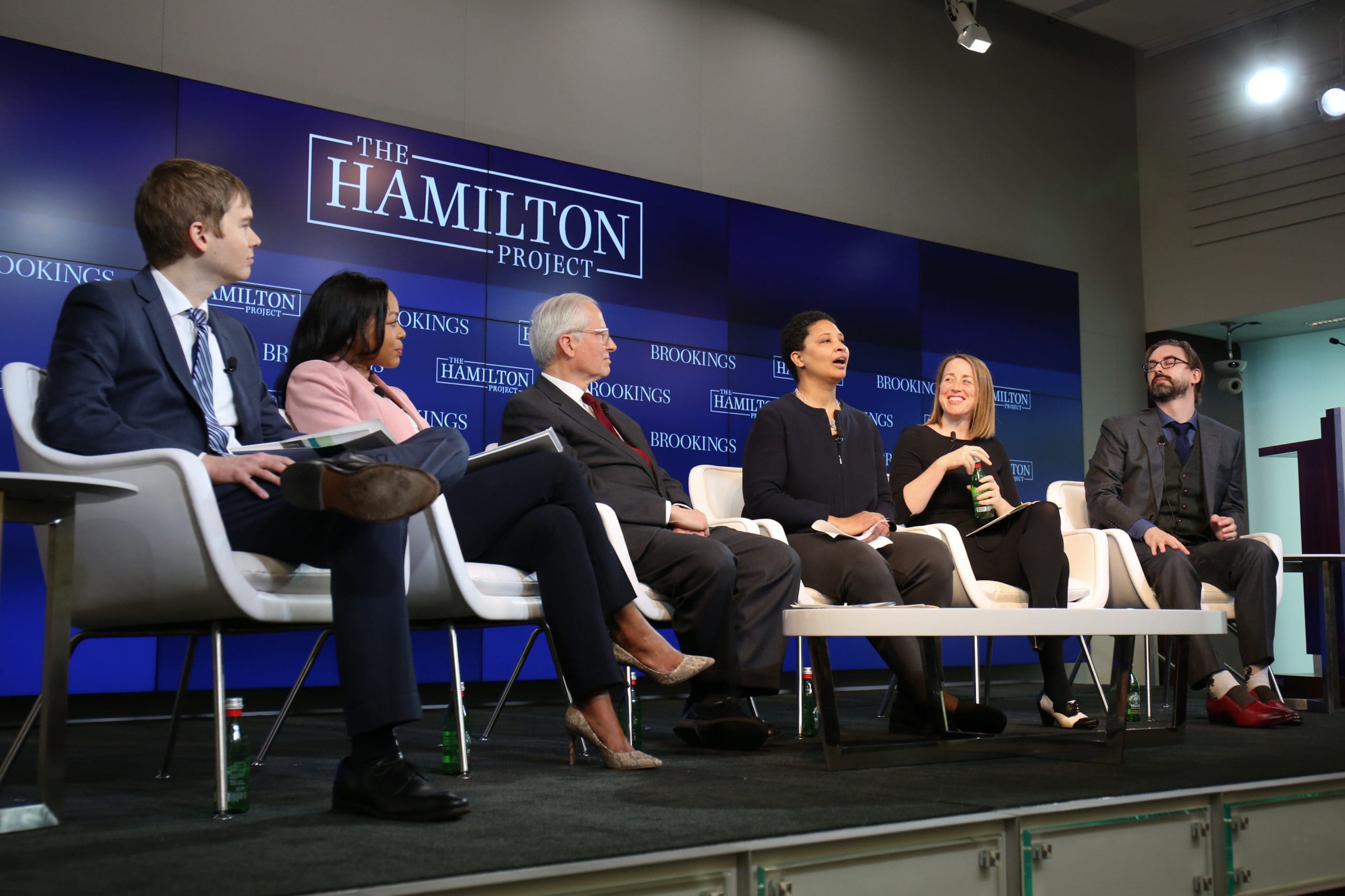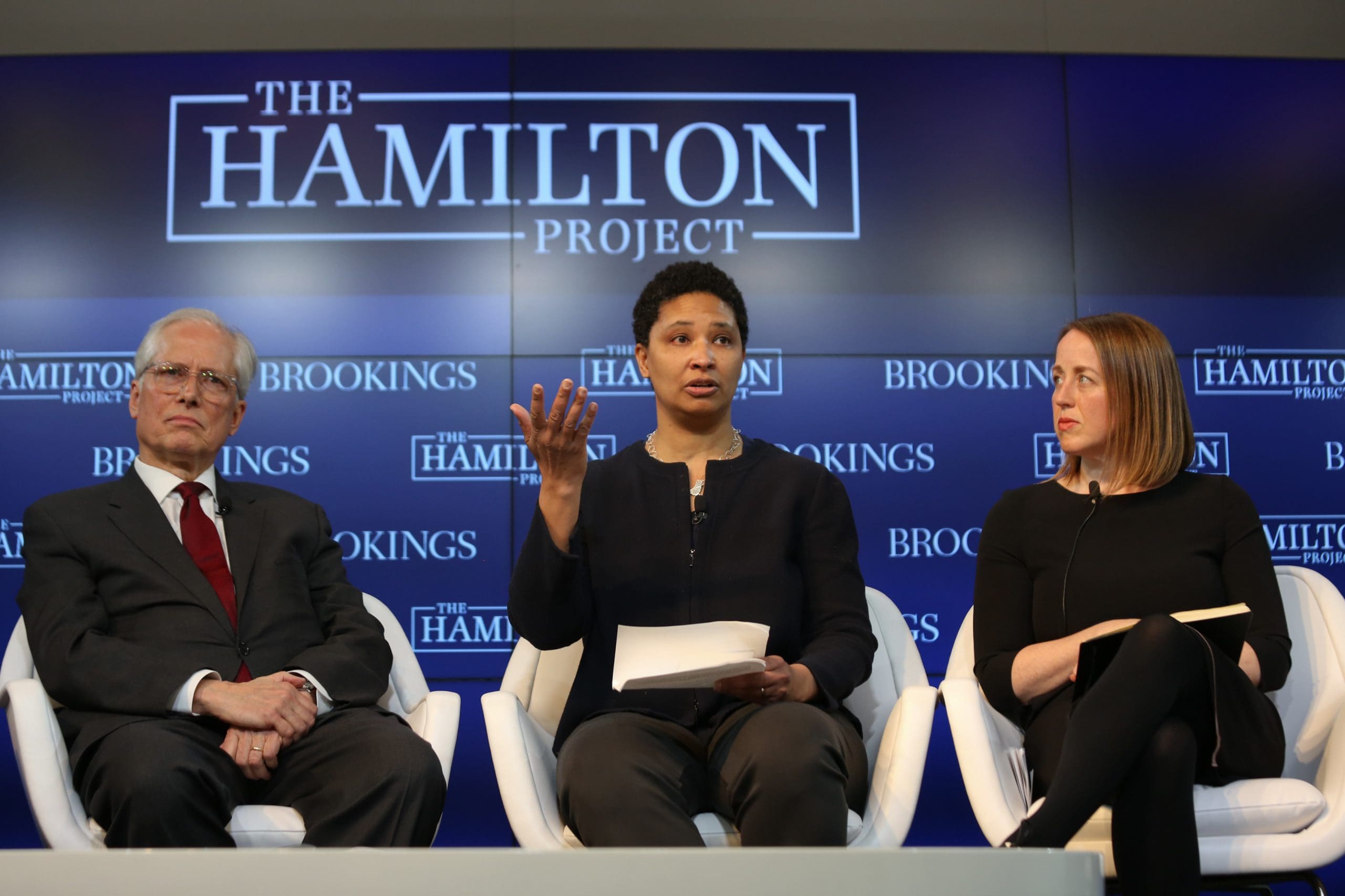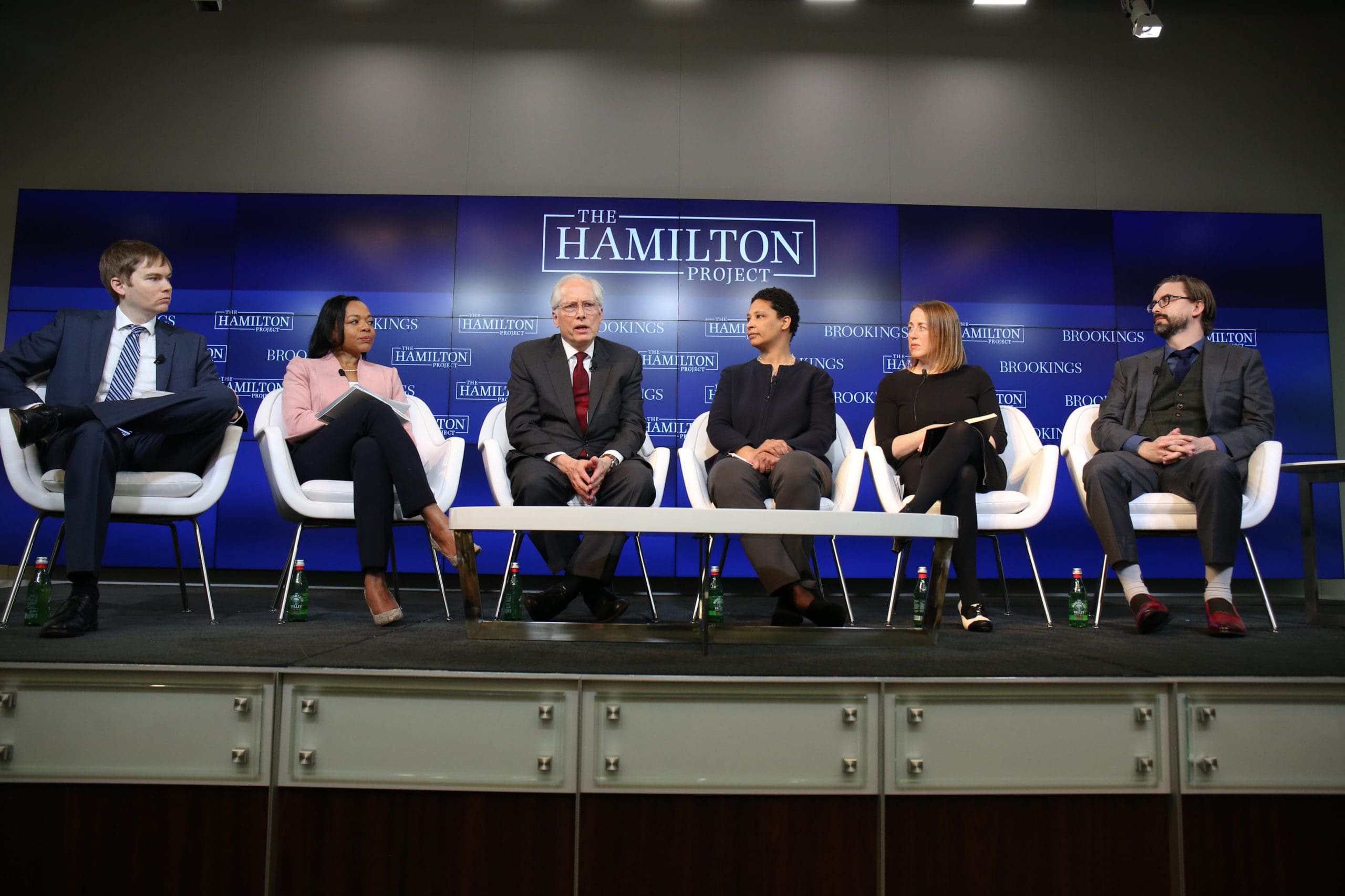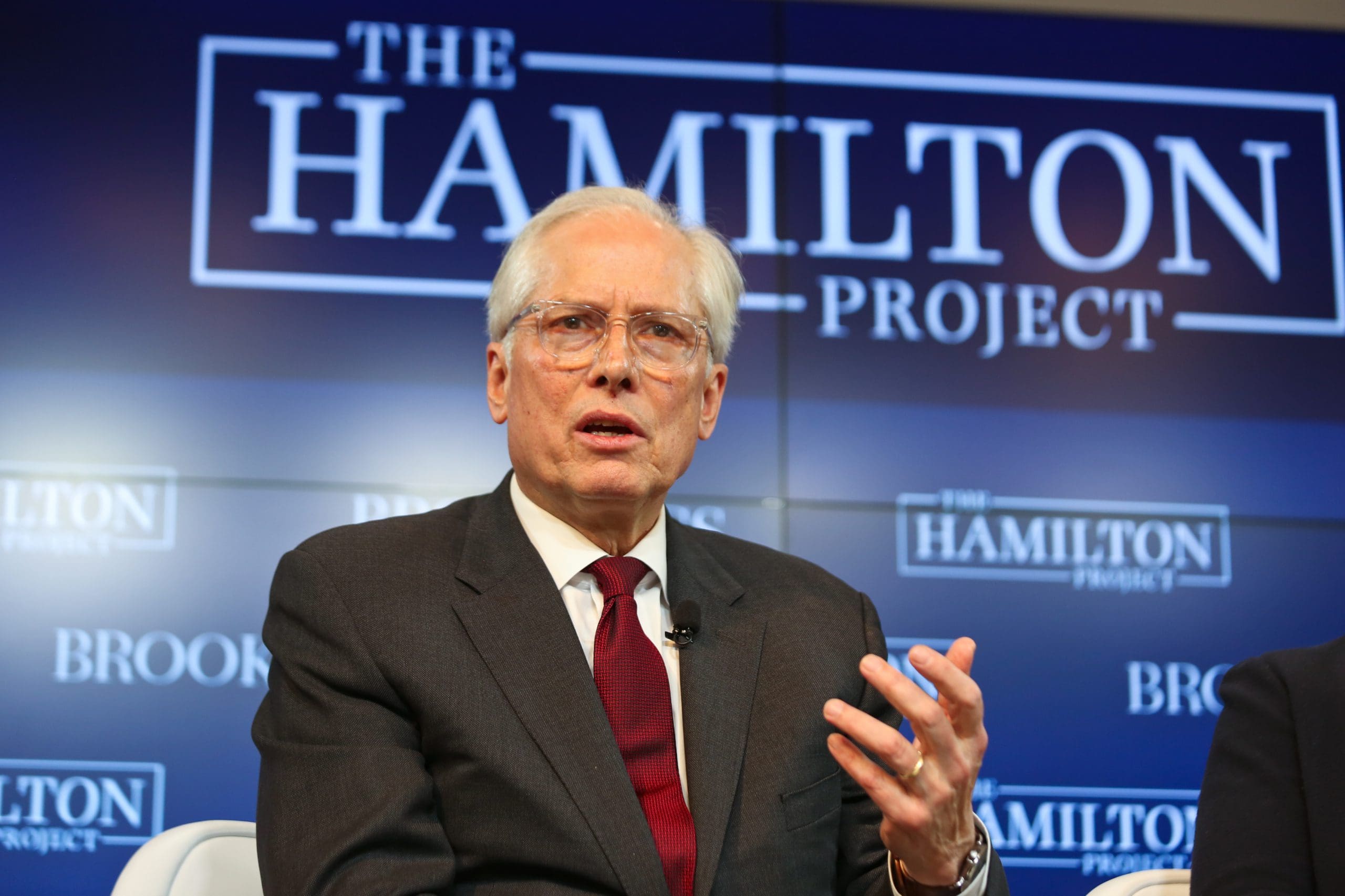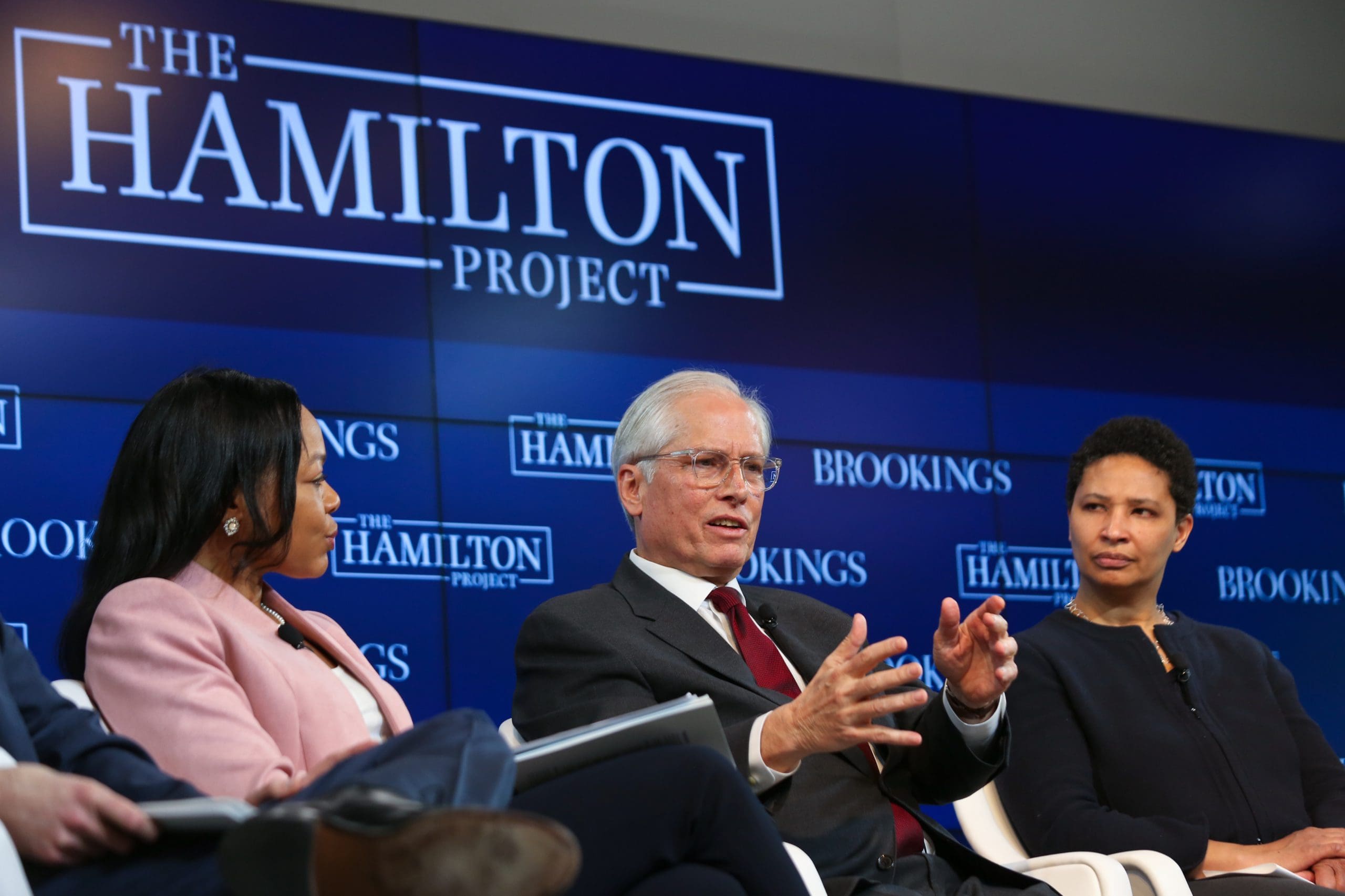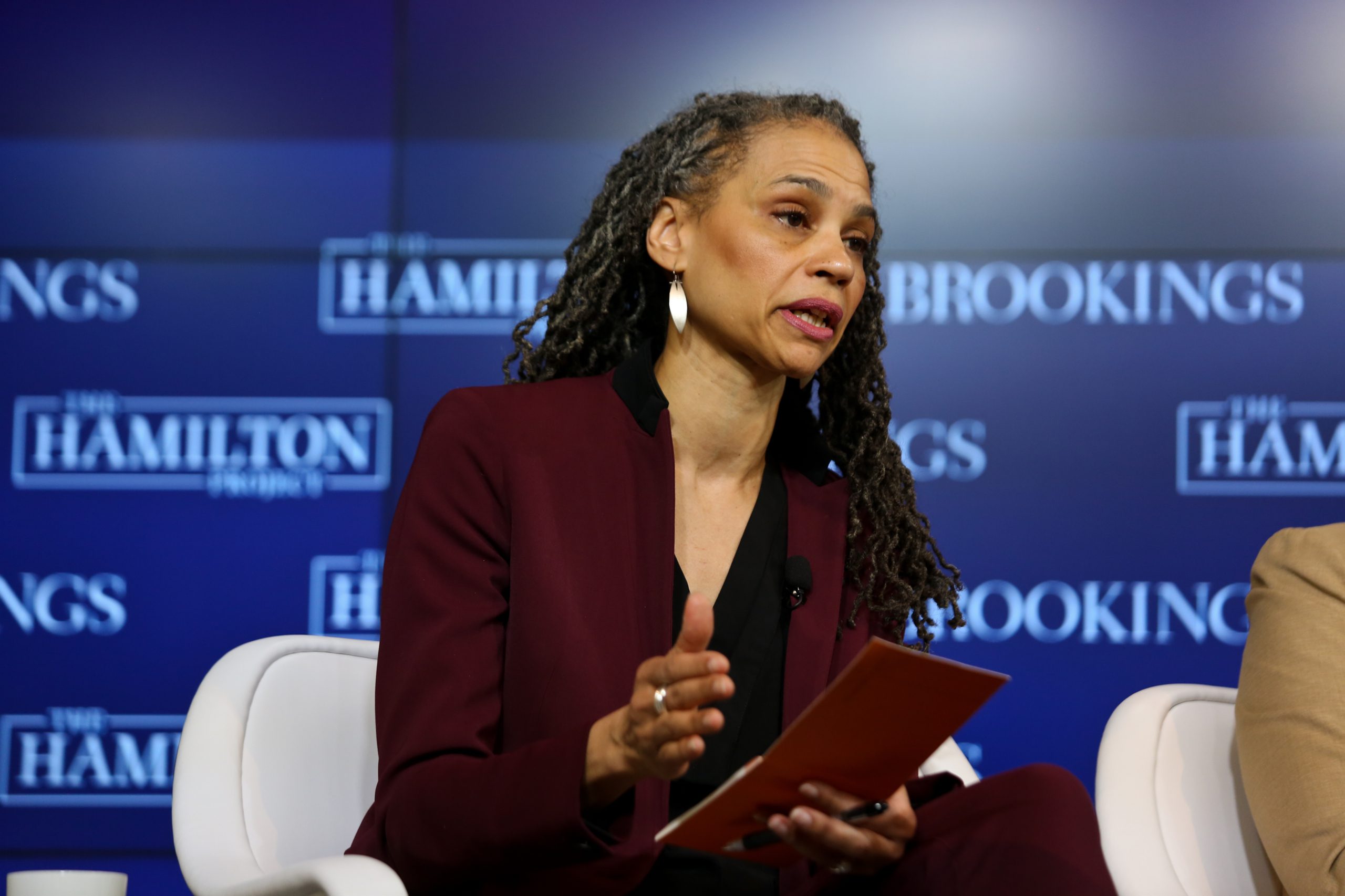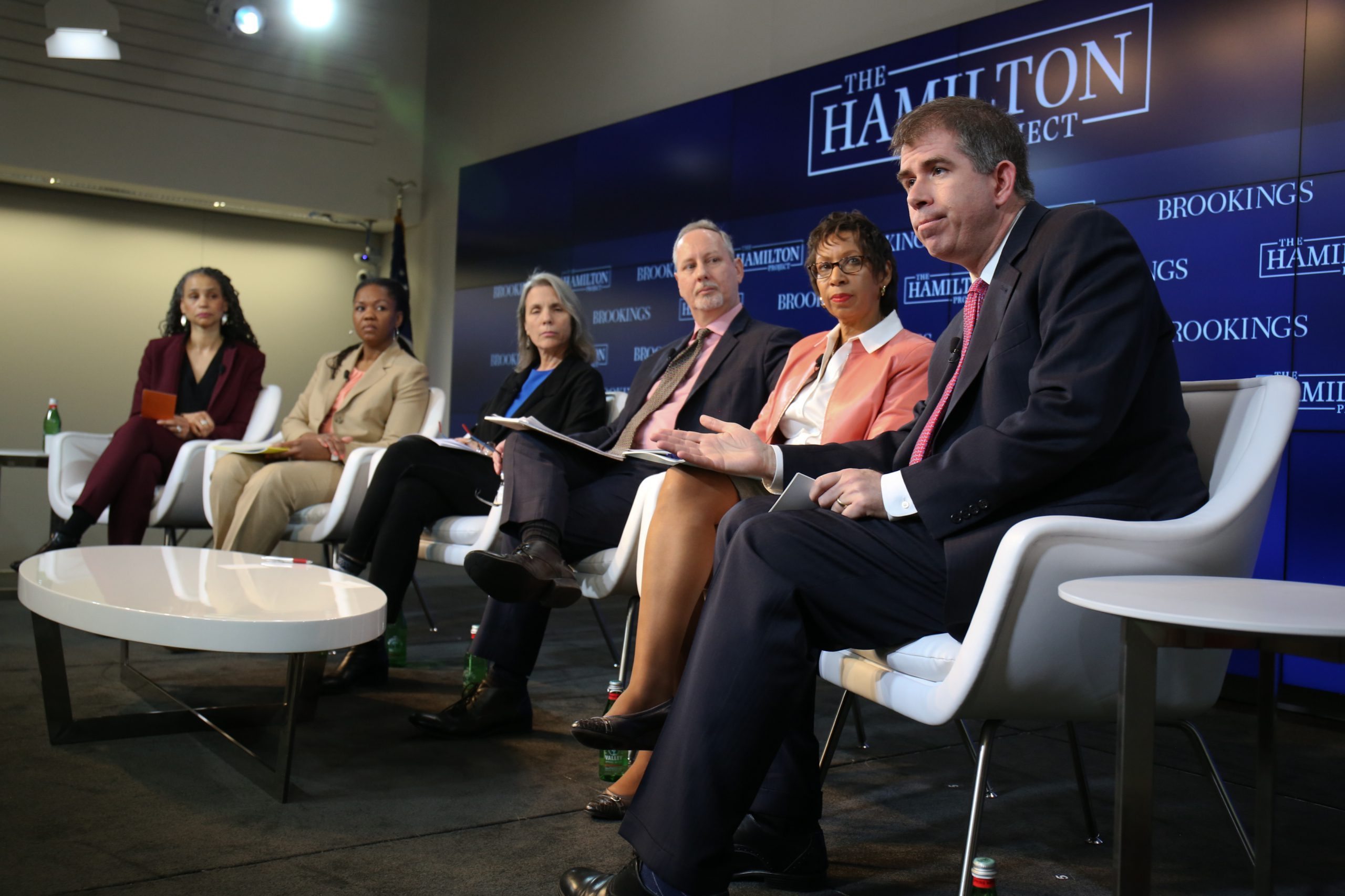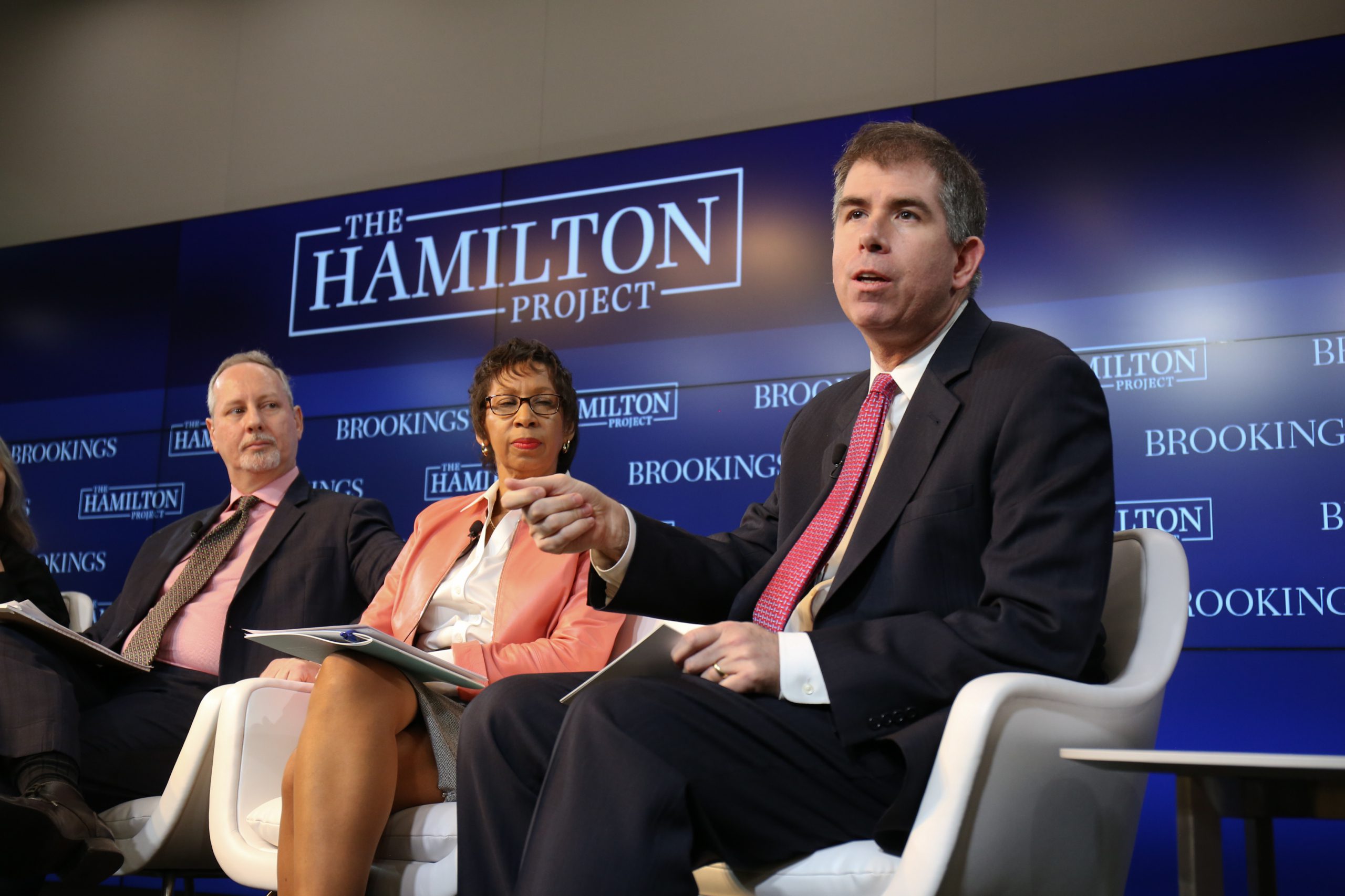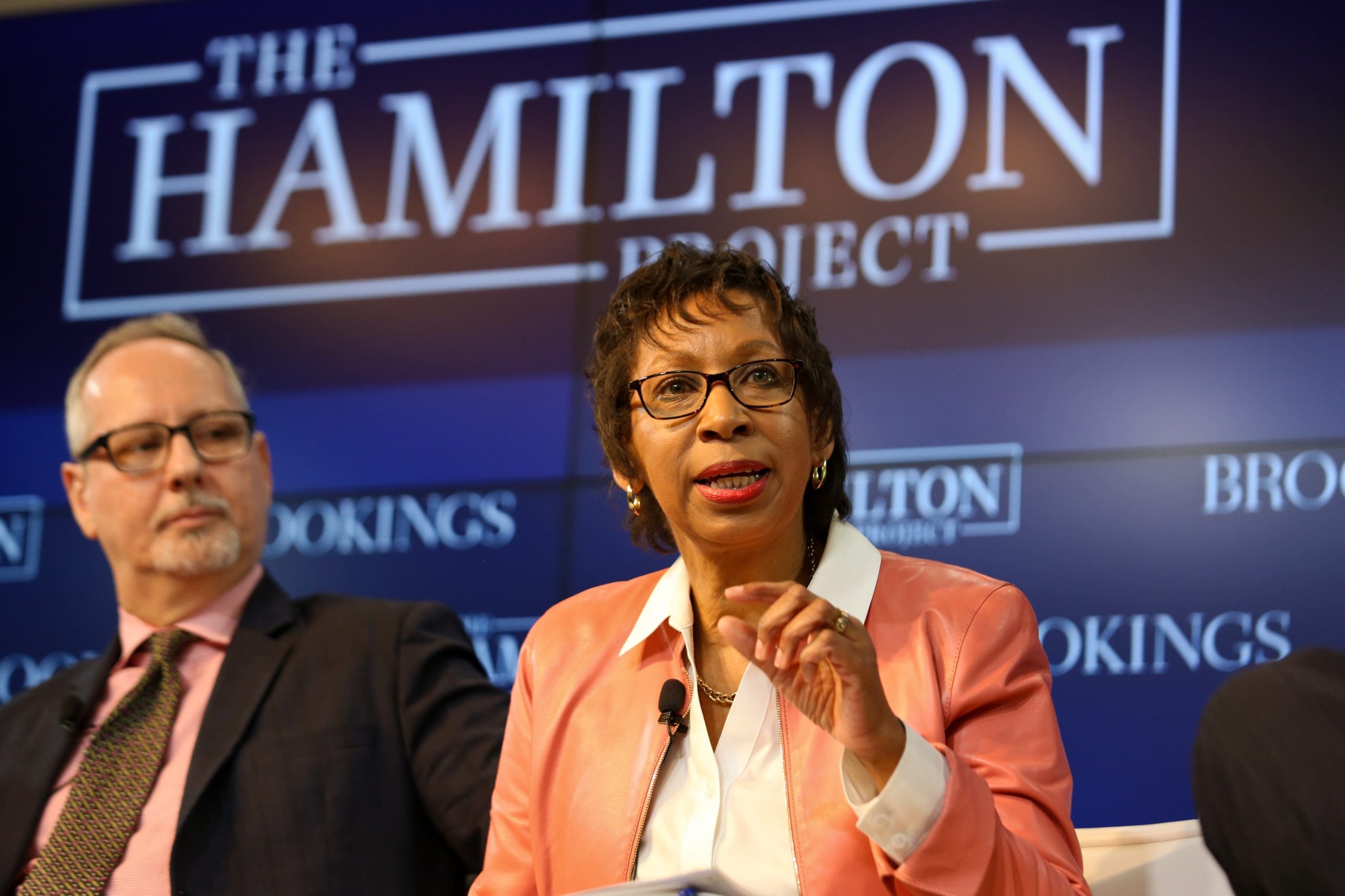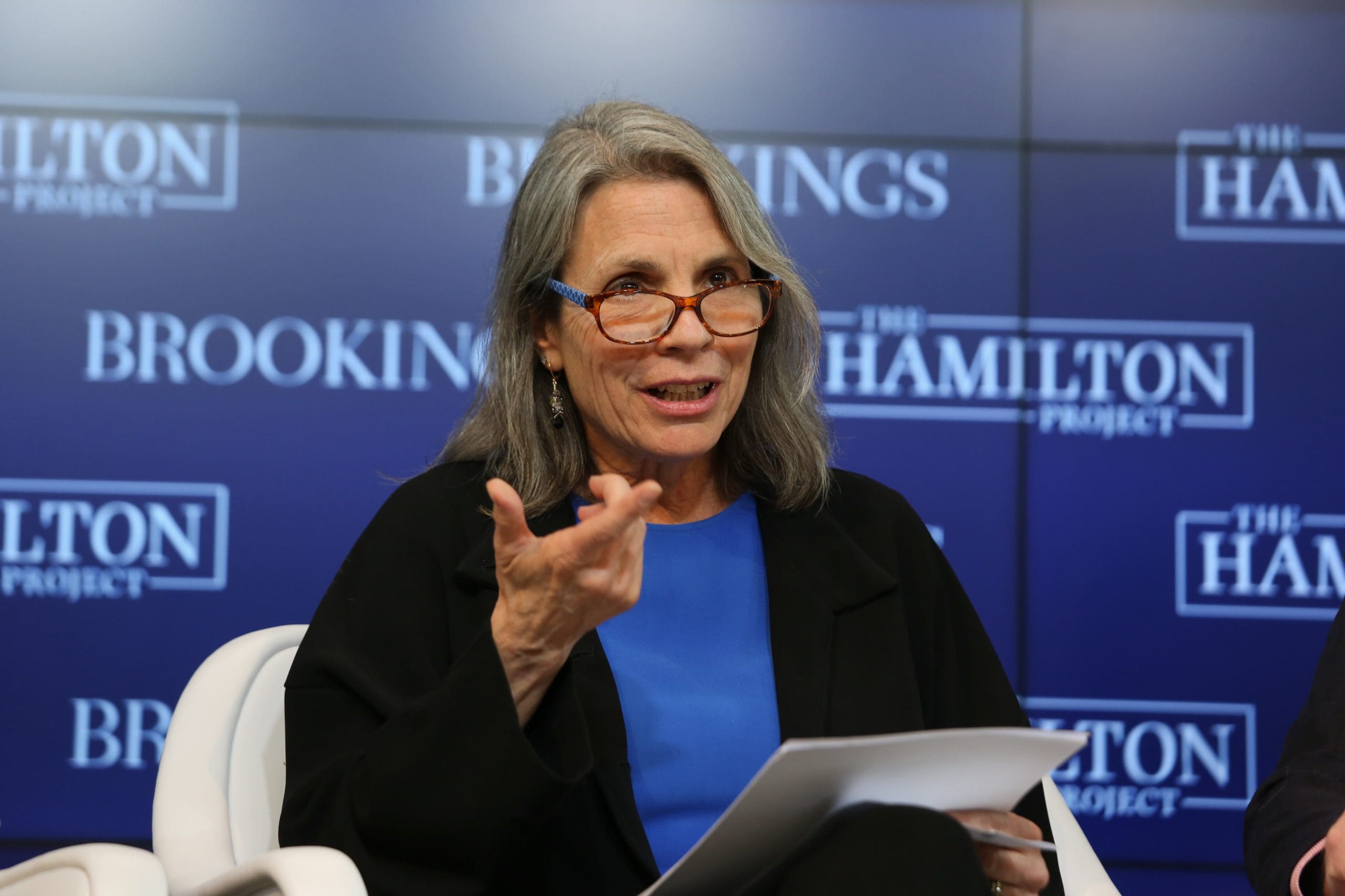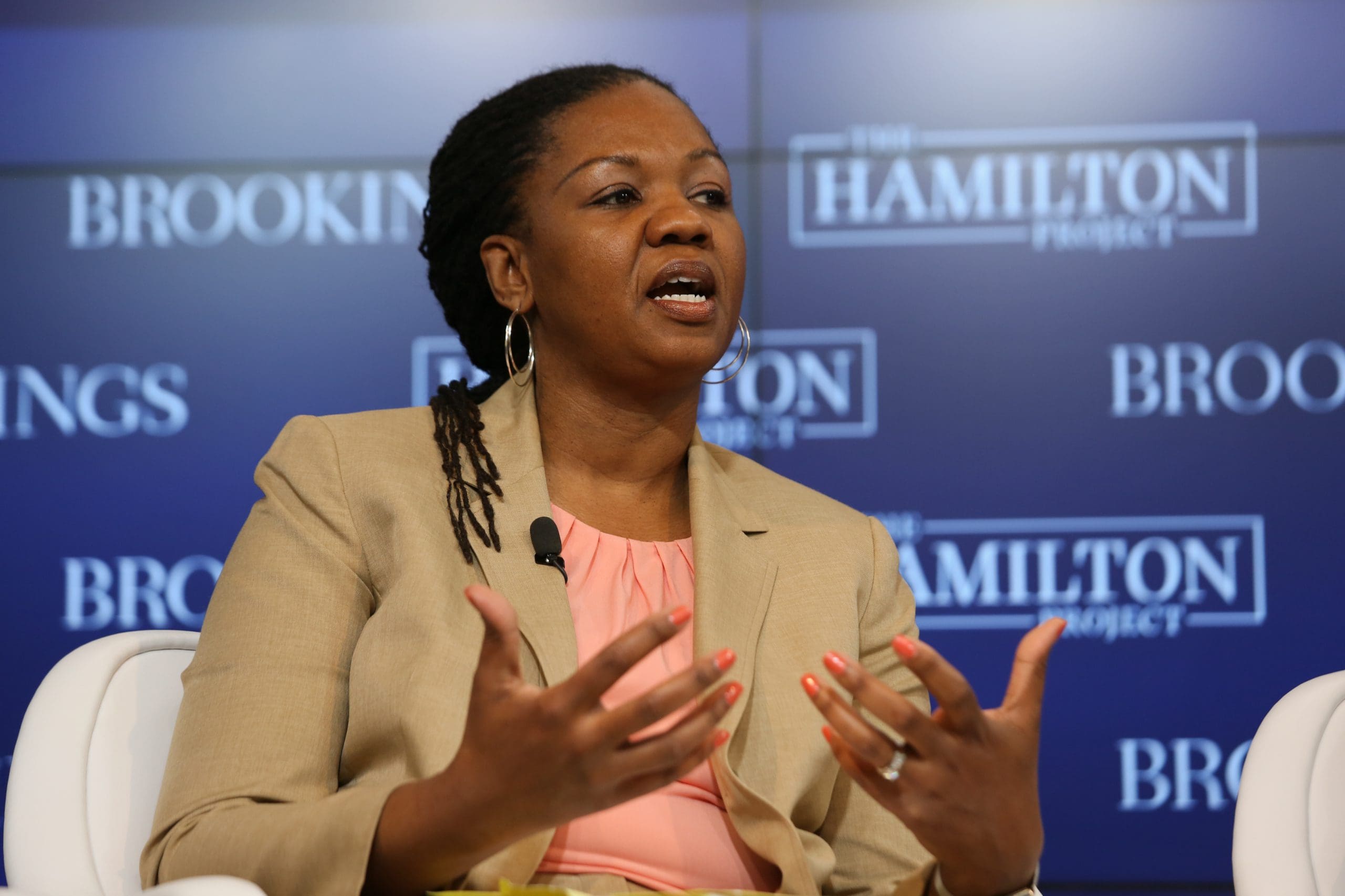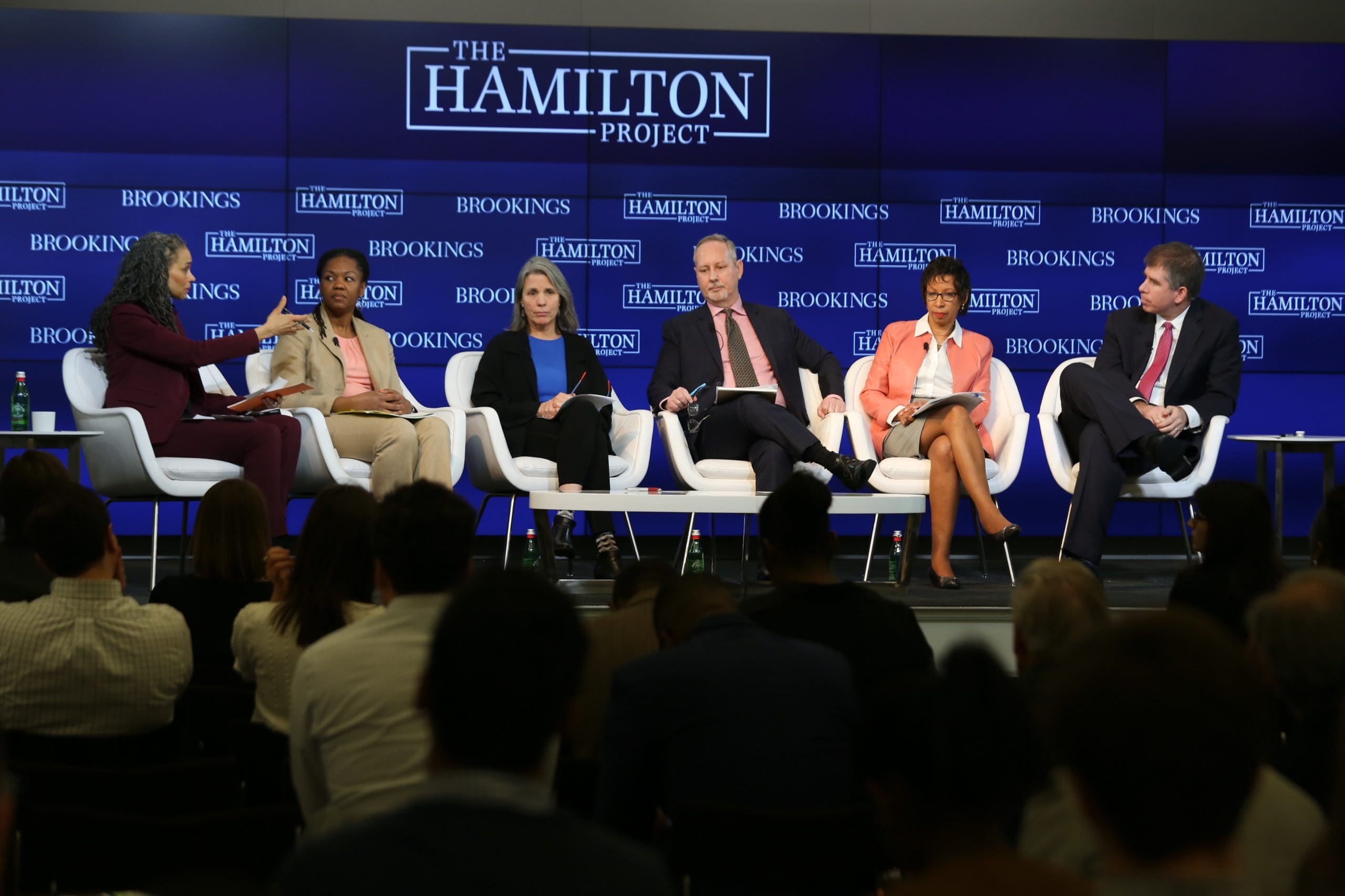Monetary sanctions have played a role in the U.S. criminal justice system since its founding, but the way these sanctions—bail, fines, fees, and forfeitures—are used has changed dramatically over time and across jurisdictions, as illustrated in the recent Timbs v. Indiana Supreme Court ruling. These sanctions have important effects on who is detained and convicted, their subsequent labor market outcomes, and the priorities of law enforcement agencies. New, rigorous research has provided an opportunity to implement evidence-based reforms: making better use of alternatives to cash bail, adjusting individual sanctions to reflect ability to pay, and breaking the link between sanction revenue and the budgets of law enforcement agencies.
On March 15, The Hamilton Project at the Brookings Institution hosted a forum exploring reforms to monetary sanctions, including bail, fines, fees, and forfeitures. The forum featured introductory remarks by former U.S. Treasury Secretary Robert E. Rubin, followed by two panel discussions exploring policy options to implement reforms to the use of fines, fees, and forfeiture; and the case for reforming or eliminating cash bail.
The panel discussions featured: Kristen Clarke, president and executive director, Lawyers’ Committee for Civil Rights Under Law; Maya Wiley, legal analyst, NBC News & MSNBC and Henry Cohen, professor of urban policy and management, senior vice president for social justice, The New School; Jeremy Travis, executive vice president of criminal justice, Arnold Ventures; Jamila Hodge, director, Reshaping Prosecution Program, Vera Institute of Justice; Jo-Ann Wallace, president and CEO, National Legal Aid Defenders Association; Robin Steinberg, CEO, The Bail Project; Danielle Allen, James Bryant Conant university professor and director, Edmond J. Safra Center for Ethics, Harvard University; and Alex Tabarrok, Bartley J. Madden chair in economics, James M. Buchanan Center for Political Economy, department of economics, George Mason University.
The event coincided with the release of a set of economic facts and three new Hamilton Project proposals that focus on graduating fees and fines according to ability to pay, separating revenue collection from law enforcement budgets, and making better use of alternatives to cash bail.
For updates on the event, follow @HamiltonProj, and join the conversation using #BailFinesFees.
Agenda
9:30 AM Registration Opens
10:00 AM Opening Remarks
Robert E. Rubin
Former U.S. Treasury Secretary
Co-Chair Emeritus, Council on Foreign Relations
10:10 AM Roundtable Discussion: Policy Options to Reform the Use of Fines, Fees, and Forfeitures
Danielle Allen
James Bryant Conant University Professor, Director, Edmond J. Safra Center for Ethics, Harvard University
Kristen Clarke
President and Executive Director, Lawyers’ Committee for Civil Rights Under Law
Beth Colgan
Professor of Law, UCLA School of Law
Michael Makowsky
Professor of Economics, Clemson University
Jeremy Travis
Executive Vice President of Criminal Justice, Arnold Ventures
Moderator: Ryan Nunn
Policy Director, The Hamilton Project
Fellow, Economic Studies, The Brookings Institution
11:00 AM Break
11:10 AM Roundtable Discussion: The Case for Reforming or Eliminating Cash Bail
Jay Shambaugh
Director, The Hamilton Project
Senior Fellow, Brookings Institution
Robin Steinberg
CEO, The Bail Project
Alex Tabarrok
Bartley J. Madden Chair in Economics, James M. Buchanan Center for Political Economy, Department of Economics, George Mason University
Jo-Ann Wallace
CEO, National Legal Aid Defenders Association
Jamila Hodge
Director, Reshaping Prosecution Program, Vera Institute of Justice
Moderator: Maya Wiley
Legal Analyst, NBC News & MSNBC
Henry Cohen Professor of Urban Policy and Management, Senior Vice President for Social Justice, The New School


